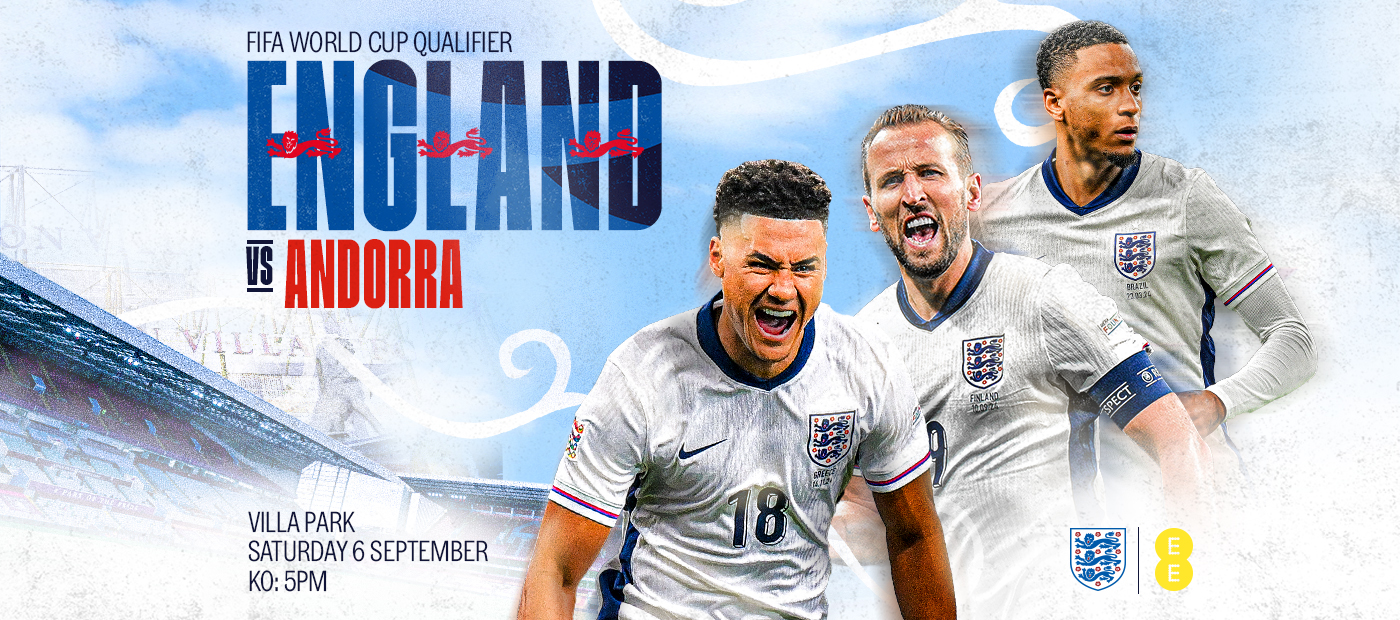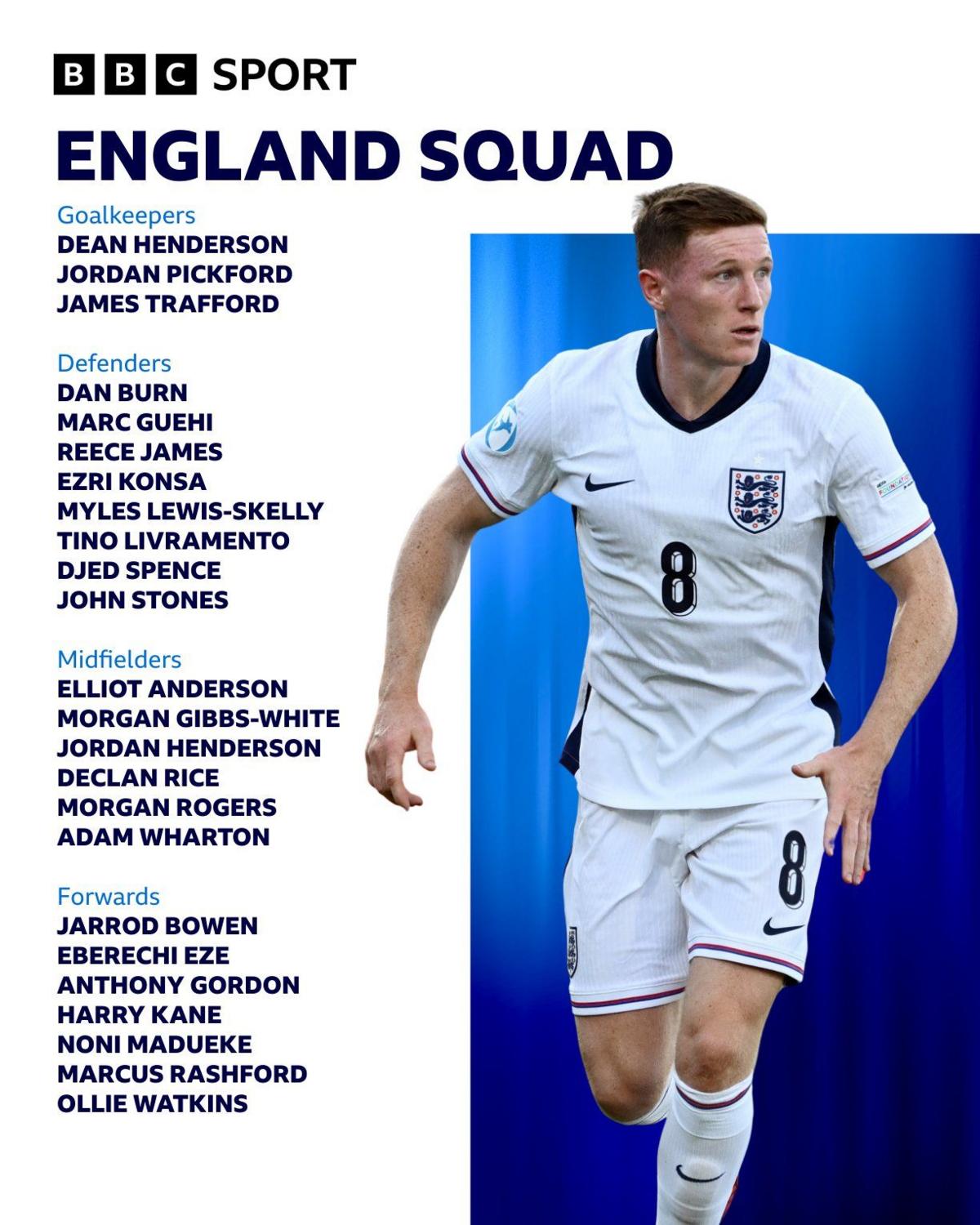.webp)
When you’re playing at the level of the England men’s national football team, nutrition isn’t just about eating well—it’s about fuelling precision, power, and recovery on repeat. Every sprint, tackle, and goal is underpinned by how effectively the body uses energy. Here’s a breakdown of how nutrition is tailored to players at this level, with examples inspired by the England squad.
A Premier League or international match can push a player to cover 10–13 km in 90 minutes, with bursts of high-intensity sprints every 90 seconds. Midfielders like Declan Rice or Jude Bellingham demand constant endurance, while forwards like Harry Kane rely on sharp explosive movements. That range means players need a nutrition plan that supports:
Football is a glycogen-heavy sport. Players will deplete their stores quickly without adequate carb intake.
For someone like Eberechi Eze, who depends on repeated sprints and agility bursts, topping up glycogen is the difference between a 90th-minute dribble or hitting the wall.
After 90 minutes of tackling and sprinting, muscles are torn at the microscopic level. Protein rebuilds them stronger.
Key sources: chicken, fish, eggs, Greek yogurt, lean red meat, and plant proteins like beans and lentils.
Footballers lose 1–3 litres of sweat per game. It’s not just water they need to replace, but sodium, potassium, and magnesium. Dehydration of even 2% bodyweight impairs performance.
Players like Jordan Pickford, shouting and diving for 90 minutes, can’t afford concentration lapses caused by poor hydration.

Team nutritionists track blood markers to tweak individual supplementation plans.
Different players, different demands:
Elite players don’t just eat for muscles—they eat for focus. Brain fuel matters. Stable blood sugar means sharp decision-making under pressure. Caffeine is used strategically before matches or in extra time, but never haphazardly.
“A good diet will not make a mediocre athlete into a champion, but poor food choices can turn a potential champion into a mediocre athlete.” — Professor Ron Maughan
The England men’s squad shows that nutrition is performance science, not guesswork. Every gram of carbohydrate, every litre of fluid, and every post-match recovery shake is calculated to keep them sharp across 90 minutes and beyond. The margins at this level are razor-thin, and nutrition is one of the hidden edges that can turn chances into goals.
If you require expert nutrition advice, contact the friendly team at The Vesey today
